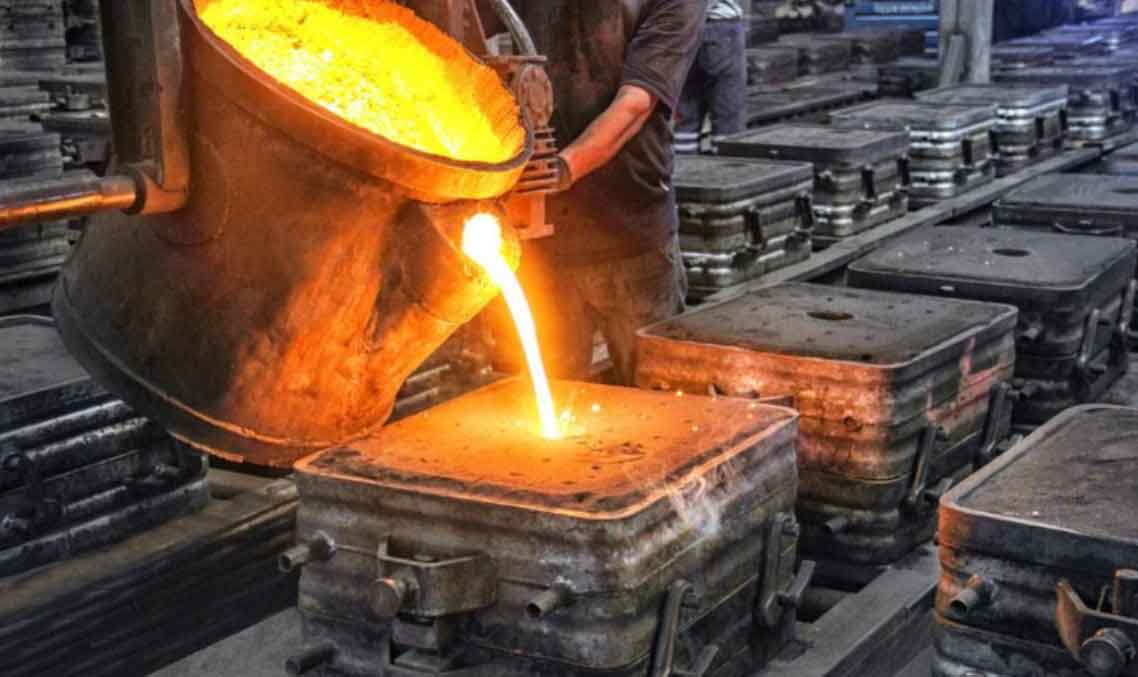
Sand casting manufacturers implement various quality assurance measures to ensure that the castings they produce meet specified standards and customer requirements. Quality assurance is crucial to producing high-quality and reliable castings. Here are the key steps and practices that sand casting manufacturers use to ensure quality assurance:
1. Robust Design and Engineering Process:
- The design and engineering phase involves close collaboration with customers to understand their requirements. Manufacturers use advanced CAD software and simulation tools to optimize casting designs, identify potential issues, and ensure manufacturability.
2. Material Testing and Certification:
- Sand casting manufacturers conduct material testing to verify the properties of the metal alloys used in casting. They ensure that the materials meet the required standards and specifications for strength, chemical composition, and other relevant properties.
3. Pattern and Mold Inspection:
- Before starting production, manufacturers inspect patterns and molds to ensure they are accurate and dimensionally correct. Any deviations or defects are addressed before proceeding to casting.
4. Process Control and Monitoring:
- Manufacturers implement process control and monitoring systems to ensure consistency during the casting process. Parameters such as pouring temperature, cooling rate, and mold preparation are closely monitored to achieve consistent results.
5. In-Process Inspection:
- Inspections are conducted at various stages of the casting process. This includes visual inspections, dimensional measurements, and non-destructive testing (NDT) methods like X-ray, ultrasound, or dye penetrant testing.
6. Metal Quality Control:
- The quality of the molten metal is critical for producing defect-free castings. Sand casting manufacturers use various techniques to monitor and control the quality of the metal during the melting process.
7. Post-Casting Inspection and Finishing:
- After casting, the components undergo inspection for defects, surface finish, and dimensional accuracy. Any imperfections or irregularities are addressed during the finishing process, which may include machining or grinding.
8. Documentation and Traceability:
- Quality assurance involves maintaining detailed documentation of each casting, including material certifications, inspection reports, and process parameters. This ensures traceability and facilitates quality control audits.
9. Quality Certifications:
- Sand casting manufacturers may obtain quality certifications, such as ISO 9001, to demonstrate their adherence to industry standards and commitment to continuous improvement.
10. Customer Feedback and Satisfaction:
- Customer feedback is essential for quality assurance. Manufacturers actively seek customer input to ensure that their products meet the desired specifications and performance requirements.
By implementing these quality assurance measures, sand casting manufacturers can produce consistent, defect-free, and high-quality castings that meet customer expectations and industry standards. Quality assurance is an ongoing process, and manufacturers continuously strive for improvement to maintain their reputation and competitiveness in the market.
